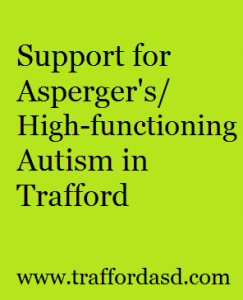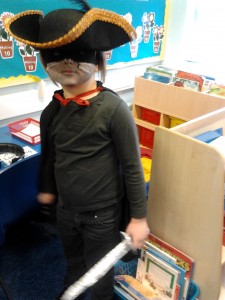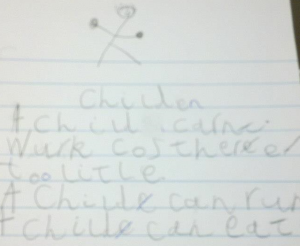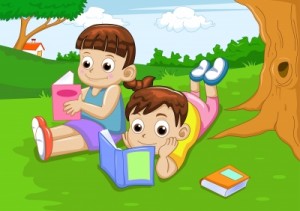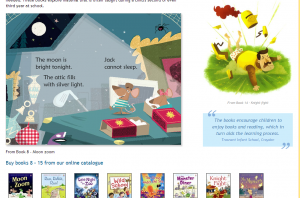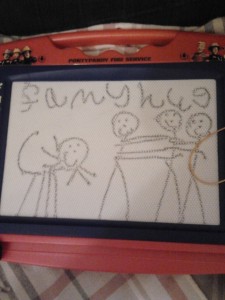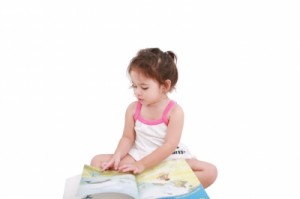News that Mid Devon County Council plans to discuss a proposal to ban the use of the apostrophe in their street signs has caused controversy over the weekend. This is no surprise: this small yet powerful piece of punctuation is the touchstone of grammar etiquette and one’s level of acquaintance with the apostrophe is considered by many to signify one’s level of intelligence, care in paying attention to detail and willingness to adhere to rules.

The apostrophe: avoid me at your peril.
It is quite clear that the apostrophe is the item of punctuation that causes the most confusion: from pub menus to street signs, the apostrophe can be seen inserting itself where it shouldn’t (causing irritation and a feeling of superiority among grammar geeks), or doesn’t show up at all (causing confusion – as well as irritation and a feeling of superiority among grammar geeks).
Our position is that the ability to use an apostrophe does not signify intelligence, but it does help make language clear, so it’s incredibly important. The fact is that apostrophes are simple to use, and so, as Better Tuition does not have a Mid Devon branch, here just for them are the three ways an apostrophe is used:
1. Apostrophes of omission:
These are used when one or more letters are missing, normally so that two words can be joined together:
Examples: doesn’t, I’ll (the expanded versions are does not and I will)
The apostrophe replaces the missing letter(s).
2. Apostrophes of possession (one owner):
An apostrophe can be used to show ownership or association.
Examples: Milly’s money, Billy’s apples, the bank’s opening hours
The apsotrophes tell us that the money belongs to Milly, the apples belong to Billy and that the opening hours relate to the bank.
3. Apostrophes of possession (more than one owner):
Where there is more than one owner, the apostrophe should be placed after the s.
Example: the foxes’ lairs, the footballers’ houses.
The apostrophes tell us that the lairs belong to foxes and the houses belong to footballers.
This helps avoid confusion. For example ‘the footballers’ houses’ means ‘the houses belonging to the footballers’, whereas the footballer’s houses means ‘the houses belonging to the footballer’, whilst ‘the footballers houses’ is simply unclear and confusing.
When should an apostrophe not be used?
Apostrophes do not make a word plural (more than one), so if you have ten flowers, you should not write it as ten flower’s. Sticking an apostrophe before any s at the end of a word is a trend that is both incorrect, confusing and actually dangerous, due to the increase in blood pressure experienced by grammar geeks on viewing it.
If your child needs help with apostrophes, or indeed any type of punctuation, grammar, reading, writing, spelling, maths, science or entrance exam preparation, contact Paul Syrett or Christine McLaughlin at Better Tuition to book your FREE assessment.


